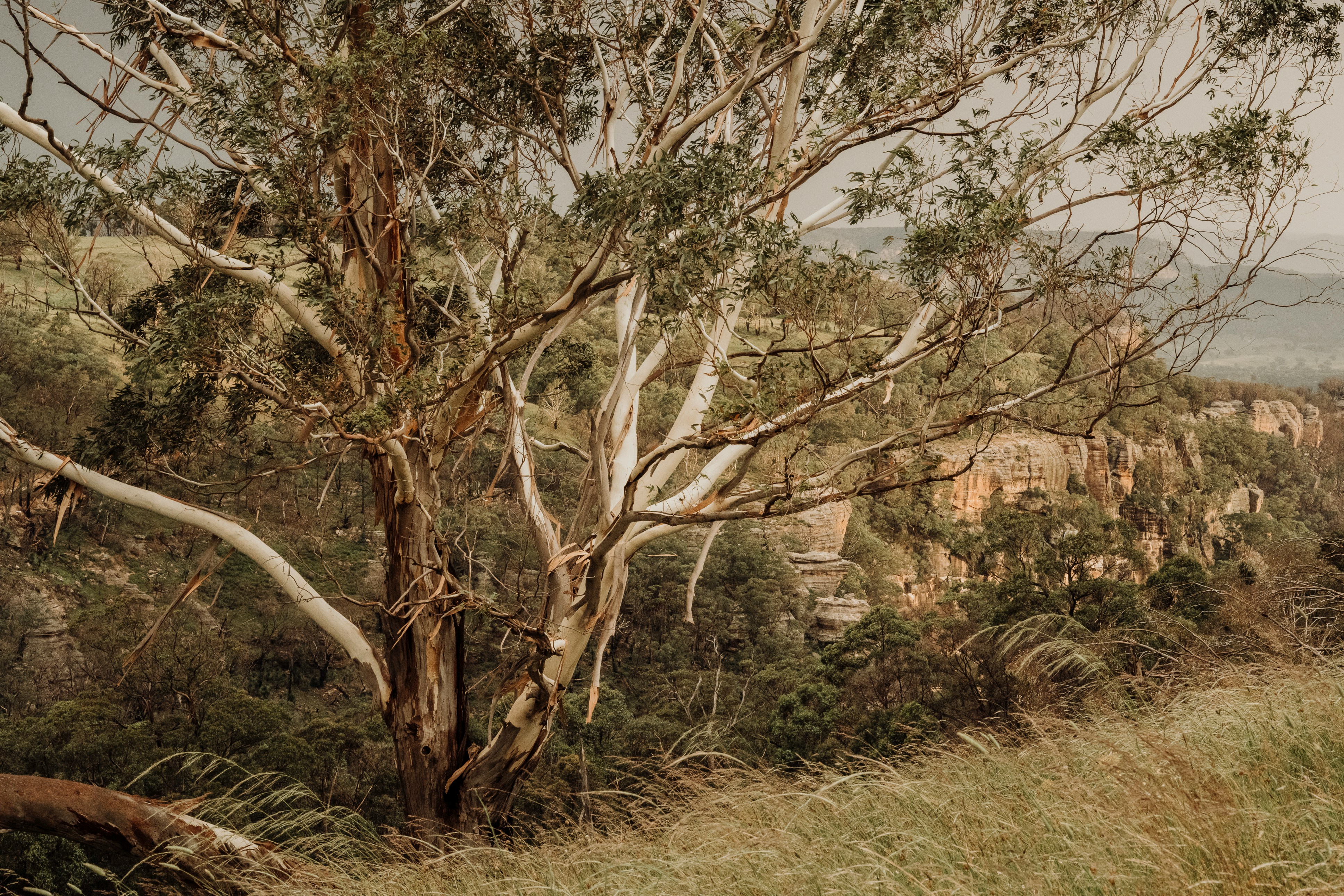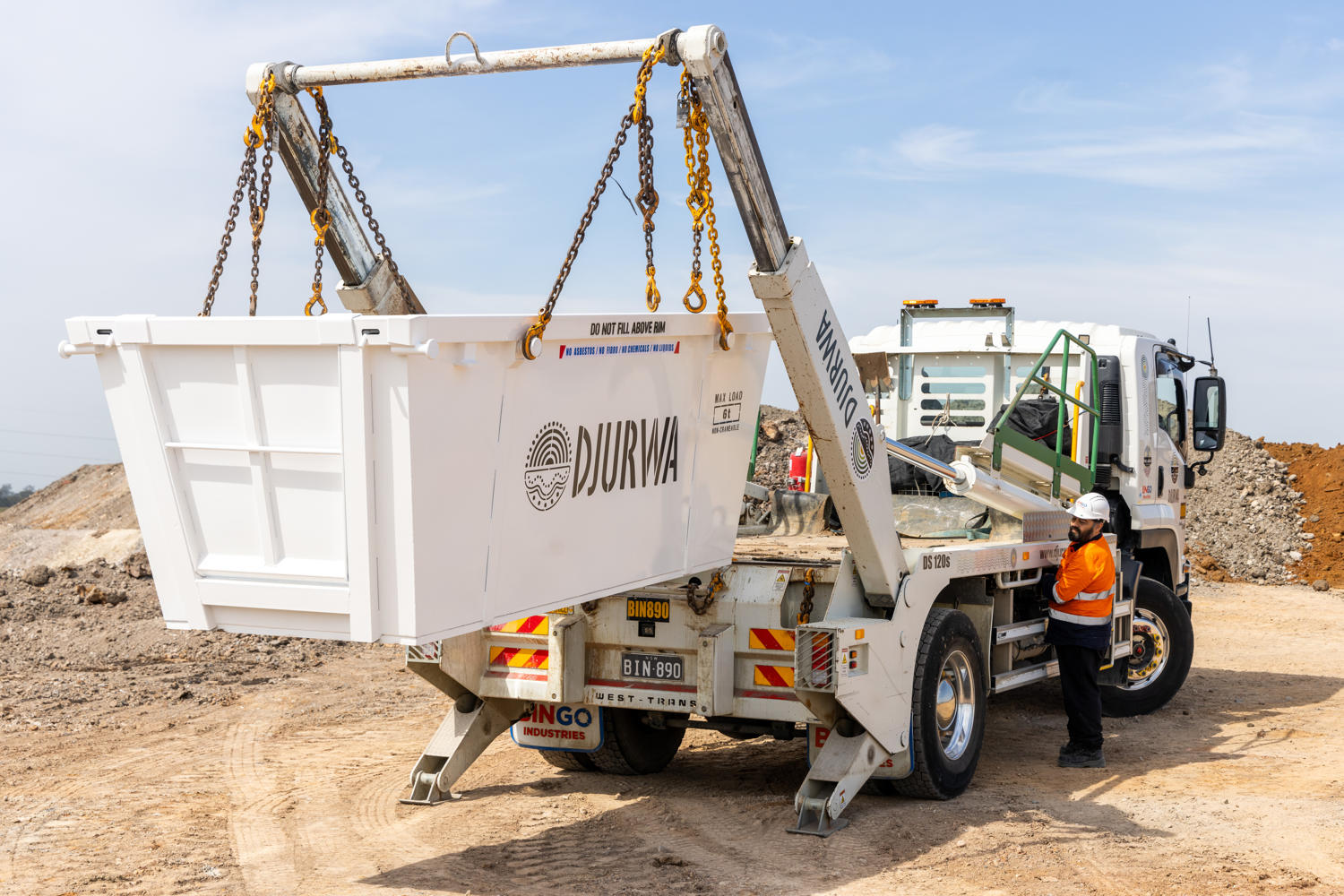
What is Black Cladding?
Black cladding occurs when a non-Indigenous entity or individual takes unfair advantage of an Indigenous business or individual to access contracts or opportunities intended to support First Nations businesses. This practice undermines the intent of Indigenous procurement policies and diverts crucial opportunities away from legitimate Indigenous enterprises.
Why It Matters
Programs like the Indigenous Procurement Policy (IPP) were established to empower Aboriginal and Torres Strait Islander communities through economic participation. Black cladding erodes trust, diminishes genuine partnerships, and harms the progress these policies aim to deliver.


-712x1072.jpg)
